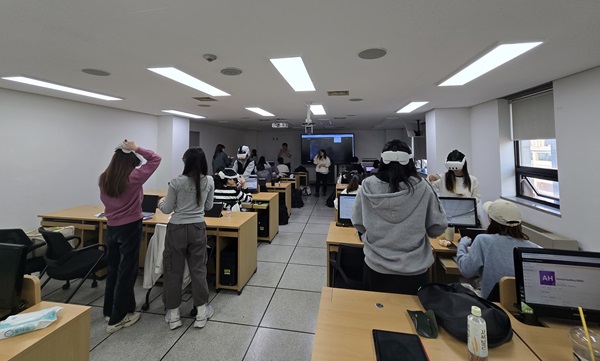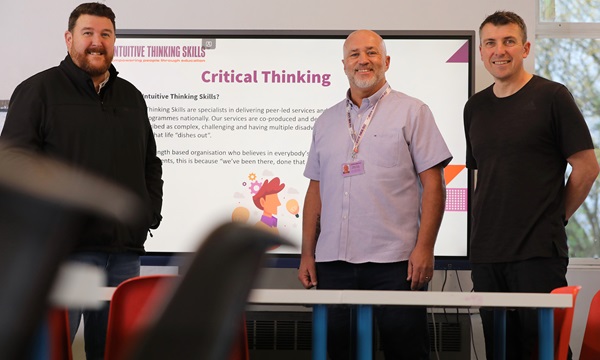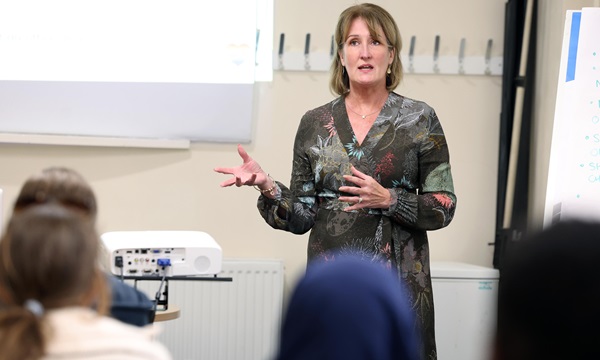More than 200 school students have attended workshops at Welsh universities to learn about the opportunities of studying and working in the field of electronics.
Organised by Compound Semiconductor Applications (CSA) Catapult and the UK Electronics Skills Foundation (UKESF), the workshops are part of a larger project — Spark their imagination; power their future — funded by Innovate UK. It aims to encourage more young people in Wales to start a career in the electronics industry, to increase the diversity of people entering the electronics industry and offers financial support to those that have secured a place at university.
The workshops have taken place at University of Wales Trinity St David, Bangor University, Swansea University, Cardiff University and the University of South Wales.
At the workshops, students were welcomed by Stewart Edmondson, CEO of the UKESF, who explained that semiconductors and compound semiconductors are the technology that make day-to-day devices work.
Students heard keynote talks from leading academics who spoke about their route into engineering and the different roles they’ve had throughout their careers. The academics also gave the students an insight into how exciting and rewarding it is studying electronics at university.
Students also visited the state-of-the-art labs and measured the movement of light, built circuits and learned about simulation design.
Throughout the workshops, academics explained how semiconductors underpin a wide range of technologies and will enable future applications.
Semiconductors and compound semiconductors are in smartphones and games consoles as well as robotics and artificial intelligence.
They will help develop electric cars, renewable energy and secure communications.
With those applications comes a wealth of career opportunities and the students heard how the UKESF can support electronics students through their degrees.
Through Spark their imagination; power their future, CSA Catapult continues its work to make opportunities in the electronics industry as visible and accessible as possible, to inspire, train and develop the next generation of engineers.
As part of the project, 24 bursaries of £2,500 have been awarded to students set to study electronics-related courses at university in September.
Free school resources to help teachers explain and promote electronics have also been sent to 40 schools in 34 different towns and cities across Wales.
Alex Leadley, Skills Academy manager at CSA Catapult said:
“The purpose of this programme is to inspire the next generation of engineers and raise the profile of our industry. We are facing a workforce shortage, so we need to have interventions in place which will educate and inform young people about the opportunities that are available to them.
“This project addresses that, but also offers information and resources to teachers and schools, careers information and opportunities to hear from industry as well as education, and crucially, it offers financial support to learners who want to go on to further study.
“This multi-faceted approach will hopefully be a strong foundation for Wales to build upon and be an excellent case study for what could be implemented across the UK.”
Stewart Edmondson, chief executive officer of the UKESF said:
“I’ve been so pleased with the enormous interest in our collaborative Spark their Imagination programme this year.
“These in-person workshops have been great. The host universities have all been fantastically supportive and helped us deliver successful events. As well as the students themselves, it has been so valuable to involve teachers as their participation means that we should be able to sustain engagement in semiconductors at Welsh schools and colleges.”







